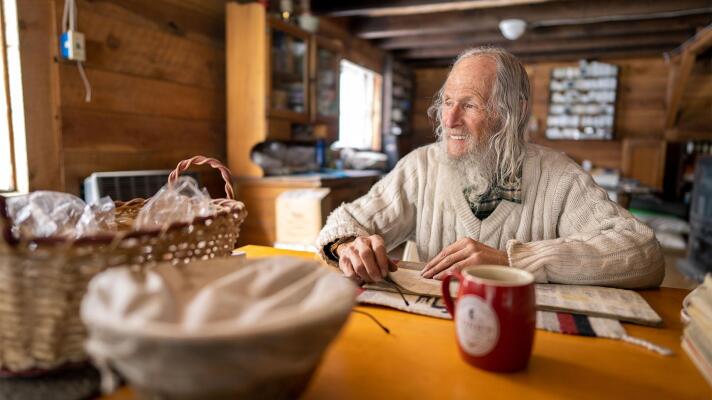Extras
A momentous occasion as a new Buffalo herd are returned to the Fort Peck Reservation.
Clip:
S1
E5
|
5:45
Plants are reacting to our changing climate so scientists are looking to soil for answers.
Clip:
S1
E5
|
3:07
Forgotten and overlooked, grasslands could hold the key to our planet’s survival.
Preview:
S1
E5
|
0:30
billy barr tells us the lilies emergence is out of sync with the hummingbirds arrival.
Clip:
S1
E4
|
7:35
Red foxes are moving further north following the encroachment of the tree line.
Clip:
S1
E4
|
3:19
Reindeer are playing a crucial role in preserving the tundra by eating forest vegetation.
Clip:
S1
E4
|
7:37
At the planet’s frozen extremes, animals can reveal the changes taking place.
Preview:
S1
E4
|
0:30
The ibex are Israel’s newest big city resident with rising desert temperatures.
Clip:
S1
E3
|
8:02
Mylene finds that when temperatures rise, zebra finches can sing to their unhatched eggs.
Clip:
S1
E3
|
3:00
In the Gobi Desert, Adiya Yadamsuren tracks a wild camel to a water hole.
Clip:
S1
E3
|
3:04
Forgotten and overlooked, grasslands could hold the key to our planet’s survival.
Episode:
S1
E5
|
55:05
At the planet’s frozen extremes, animals can reveal the changes taking place.
Episode:
S1
E4
|
55:25
In the hottest places, species are going to extraordinary lengths to survive.
Episode:
S1
E3
|
55:31
Remarkable island wildlife reveals insights into our rapidly changing planet.
Episode:
S1
E2
|
55:26
Animals have a surprising story to tell about our rapidly changing planet.
Episode:
S1
E1
|
55:26
















